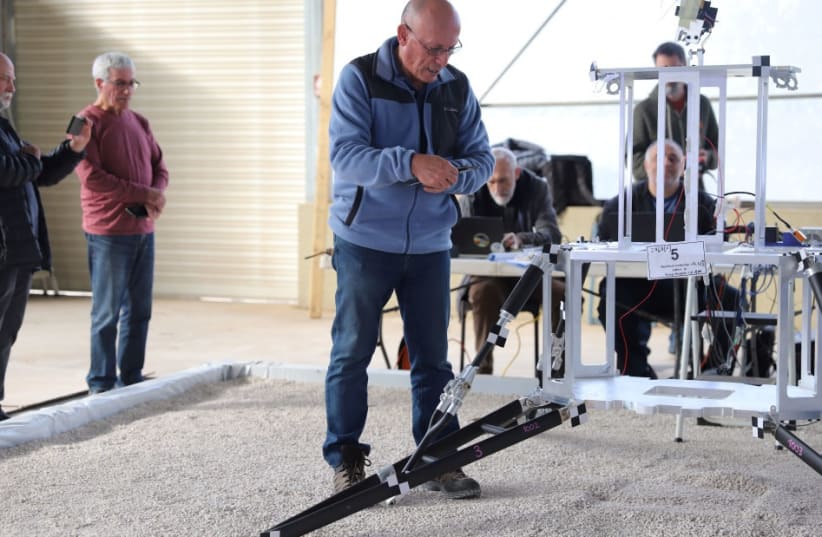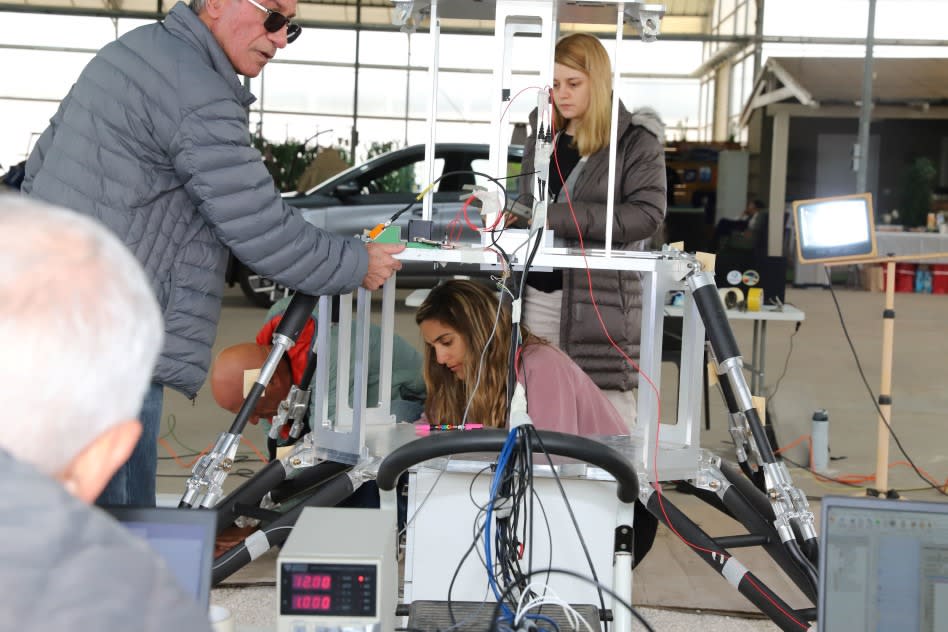The SpaceIL organization is making significant progress in the Beresheet 2 mission, the second Israeli spacecraft destined for the moon. As part of their work plan, they recently conducted a landing simulation experiment to further refine their landing procedures. The experiment involved using a model spacecraft that accurately simulates the weight and center of gravity during landing on the moon. Crucially, the simulation took into account the fact that the moon's gravity is only one-sixth of that on Earth.
During the experiment, the model spacecraft was dropped from different heights to assess the landing legs' reaction and examine the behavior of the energy absorption mechanism upon impact with the ground. The goal was to ensure the landing legs system can function as planned, effectively absorbing landing loads while maintaining structural integrity, regardless of the landing scenarios or heights involved.
This successful experiment serves as an important milestone in verifying the engineering feasibility of the Beresheet 2 mission's moon landing. In these challenging times, as Israeli society confronts complex issues, SpaceIL remains dedicated to pushing Israel forward and cultivating new capabilities and national pride in the field of space. Beyond the lunar mission itself, the spacecraft is also envisioned to serve as a long-term educational platform, facilitating interactive scientific learning experiences both within Israel and around the world through remote connectivity.

